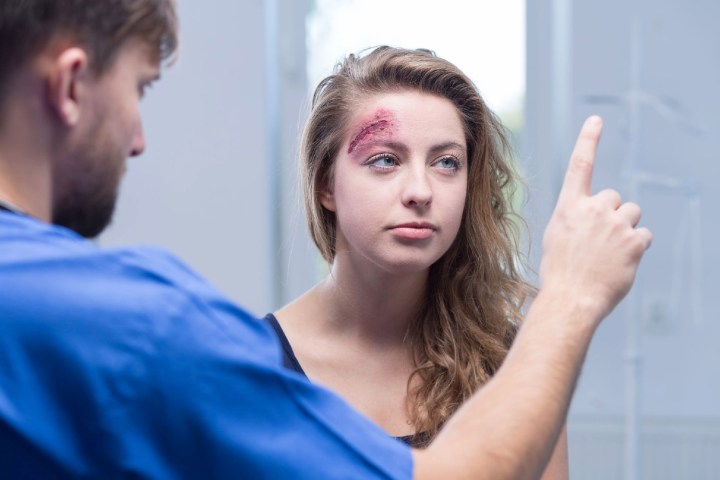
“Currently, doctors mainly rely on reports of symptom and medical history to make educated guesses about how long symptoms may last after a concussion,” Steven Hicks, an assistant professor of pediatrics, told Digital Trends. “In this study of 52 children with concussions, we showed that epigenetic signaling molecules in saliva, called microRNAs, can potentially predict symptom duration with greater accuracy than standard concussion survey methods.”
As a doctor who specializes in pediatric medicine, Hicks told us that he regularly sees kids in his clinic who may or may not have suffered concussions. While it’s possible to diagnose likely concussions based on the events that have taken place, he says that he has “a difficult time determining who will have prolonged symptoms and who will recover in the typical timeframe.”
The current work is Hicks’ attempt to come up with an objective test that could help doctors to make more informed decisions about which patients need a referral to a concussion specialist, when it is safe for them to return to play, and whether a child might benefit from medications typically reserved for severe or prolonged concussions.
As neat as the discovery is, though, it is likely to take a bit longer before every coach is able to carry around a portable spittoon for diagnosing head trauma.
“Though novel and promising, the results of this study need to be validated prospectively in a large cohort of patients,” Hicks said. “We also need to learn more about the various factors that can influence saliva microRNA expression — things like exercise, diet, age, and medications.”
A paper describing the work, “Association of Salivary MicroRNA Changes With Prolonged Concussion Symptoms,” was recently published in the journal JAMA Pediatrics.


